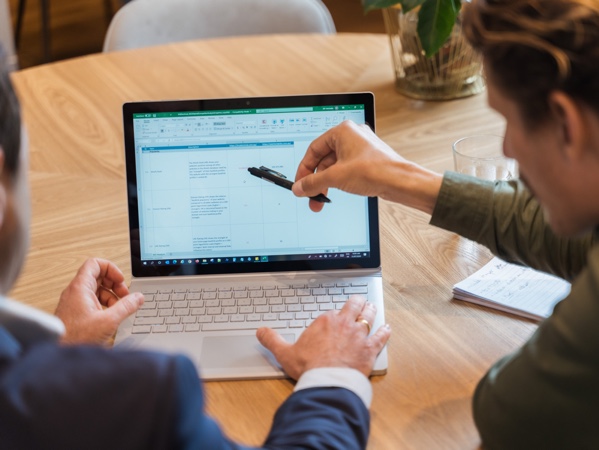If you’re a business that is new to holding a conference, it’s essential to do your research before starting out. Hosting a successful conference or seminar takes forethought and careful planning, both to ensure everything goes to schedule, and so that you don’t blow the budget. Here are some tips to help put on an event to remember – for all the right reasons.
Start with the basics
Your first step is to determine your budget. This will help you confirm the nature of the event (a seminar or conference for example), the number of speakers, and the anticipated number of guests or delegates. Track your budget closely through all stages of event planning, so you know that you are working towards something you can afford.
Follow every detail
A spreadsheet is the best friend of any event organiser. Write down all the basics, which can include any or all of the following:
- Speakers or other special guests
- Guest list
- Invitations and RSVP date
- Venue
- Catering
- Audio-visual equipment and/or other equipment hire
- Lighting and/or decoration
- Supplies – stationery, name badges/badge holders, materials to be provided to guests/participants etc.
Timeline your event
Once you have a summary of everything that needs doing, timeline it, starting with the most urgent tasks, and give everything an expected date of completion. The most immediate tasks are likely to be confirming speakers and booking the venue, followed by catering and equipment hire. Remember to give yourself plenty of time to organise all the smaller tasks, from purchasing badge holders and name badges for delegates, to photocopying or printing materials that will be disseminated to guests.
The importance of name badges
One of the smallest, and conversely most important parts of conference planning, is to arrange name badges. Making sure delegates can easily introduce themselves and network is essential, and name badges are key to this. Remember to organise the badge holders well ahead of time. The inserts can then be filled out once final RSVPs have been received, and the badges can be put together early, ready for the big day. It’s also a good idea to have a few spares on hand, for late-notice attendees.
Seek advice and assistance
If you’re a complete novice, when it comes to conference planning, it pays to seek the help of someone who’s done it before. Canvass business colleagues to see if you might have a valuable resource close to hand.
Alternatively, there are plenty of online resources to help business owners and managers plan an event of any size. Business Events Sydney is an organisation that assists business with event planning. While it has a Sydney/NSW focus, the website also features plenty of useful advice, tools and publications, from sourcing venues, to planning the finer details. They even have a free planning service called Access NSW.
Many larger towns do have a convention bureau, so research your local area to see if there’s something close to you that might be of assistance. The Brisbane Convention Bureau’s Meeting in Brisbane website is just one example of the resources available to Queensland businesses. Tips and tools include a Meeting Planners Guide and Unique Venues Guide.
Be realistic
In planning any event, be it a formal dinner, seminar or major conference, it’s essential to be realistic about your organisation’s capability, resources and budget. You are far better off starting small, and doing it well, than trying to organise something huge and failing to get it off the ground. As mentioned, budget is imperative, so do remember to include even the most minor of expenses, and track every stage of the planning.
One final tip? Leave plenty of time to take care of the smaller details, such as invitations, decorations and name tags and badge holders. You’ll find you have plenty of options when it comes to each of these elements, so you’ll need time to look at what’s available, make decisions, purchase, wait for delivery, and do anything else you need to for the perfect finishing touch.










